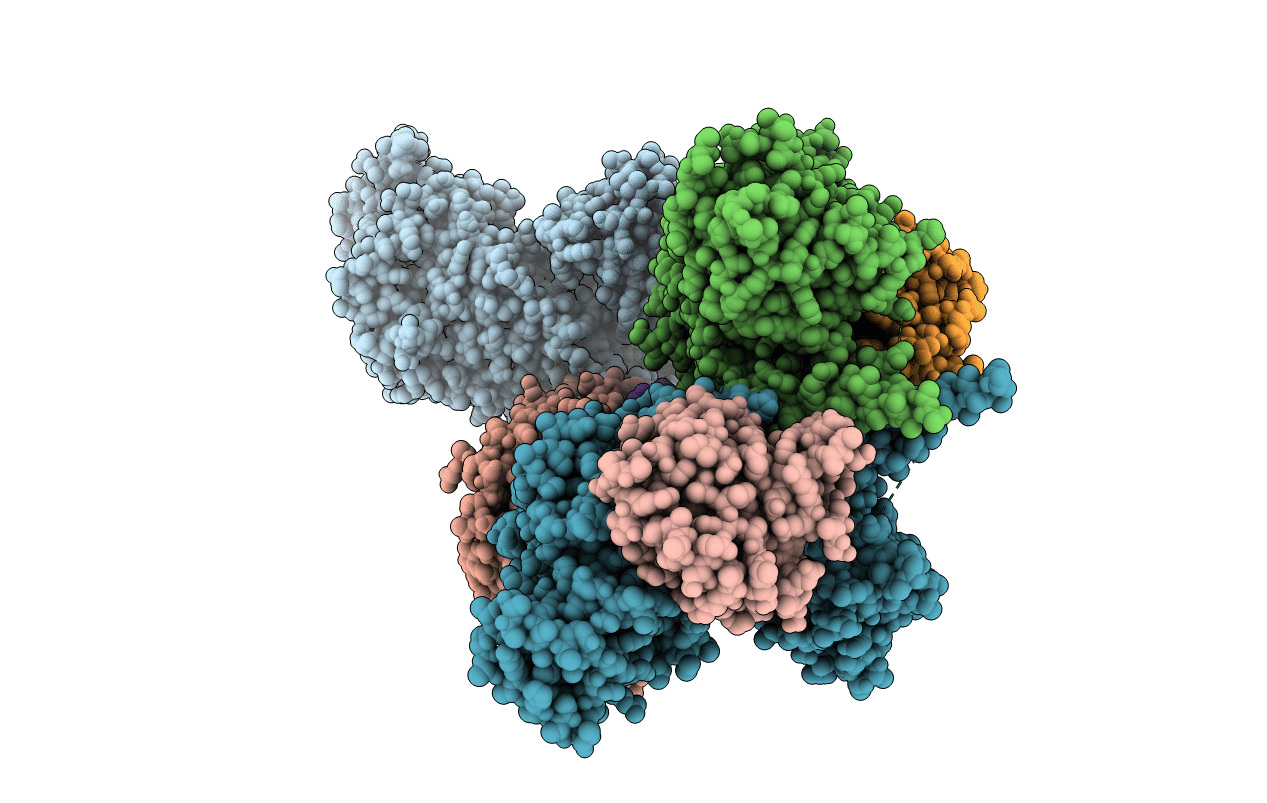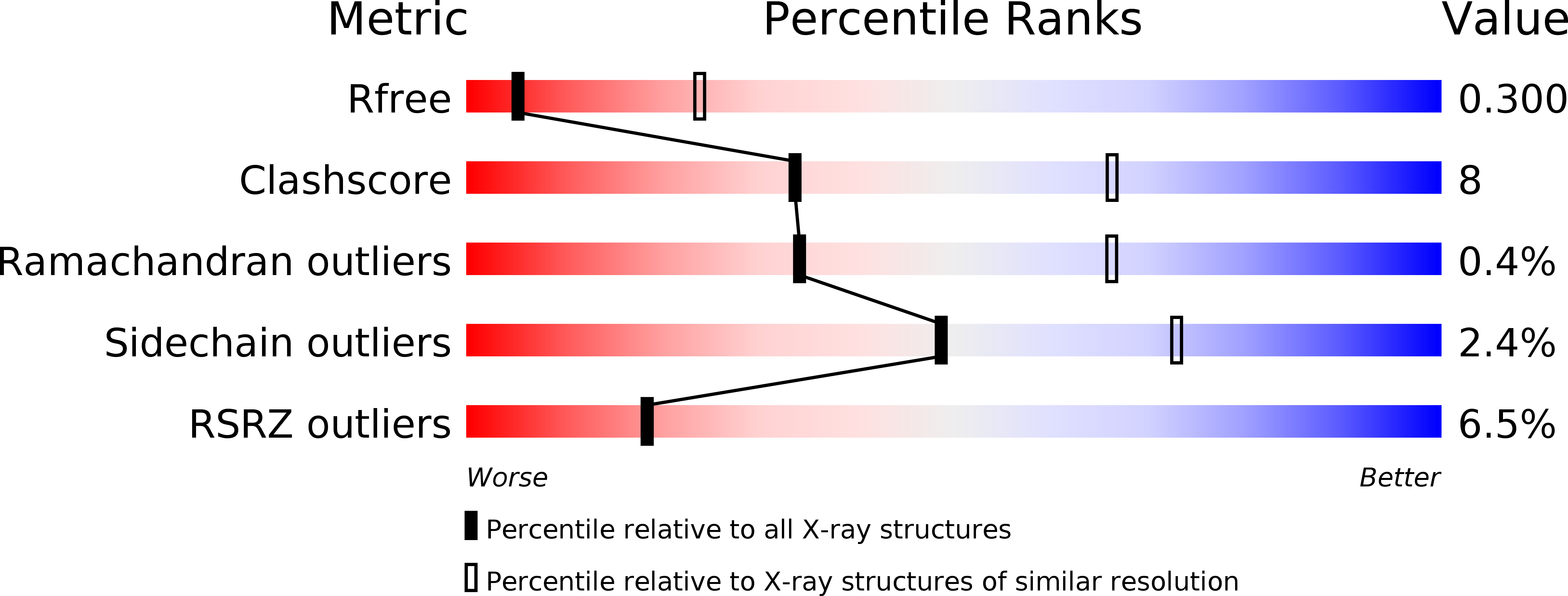
Deposition Date
2013-08-13
Release Date
2013-10-09
Last Version Date
2024-02-28
Entry Detail
Biological Source:
Source Organism(s):
Danio rerio (Taxon ID: 7955)
Homo sapiens (Taxon ID: 9606)
Homo sapiens (Taxon ID: 9606)
Expression System(s):
Method Details:
Experimental Method:
Resolution:
3.29 Å
R-Value Free:
0.29
R-Value Work:
0.24
R-Value Observed:
0.24
Space Group:
P 1


